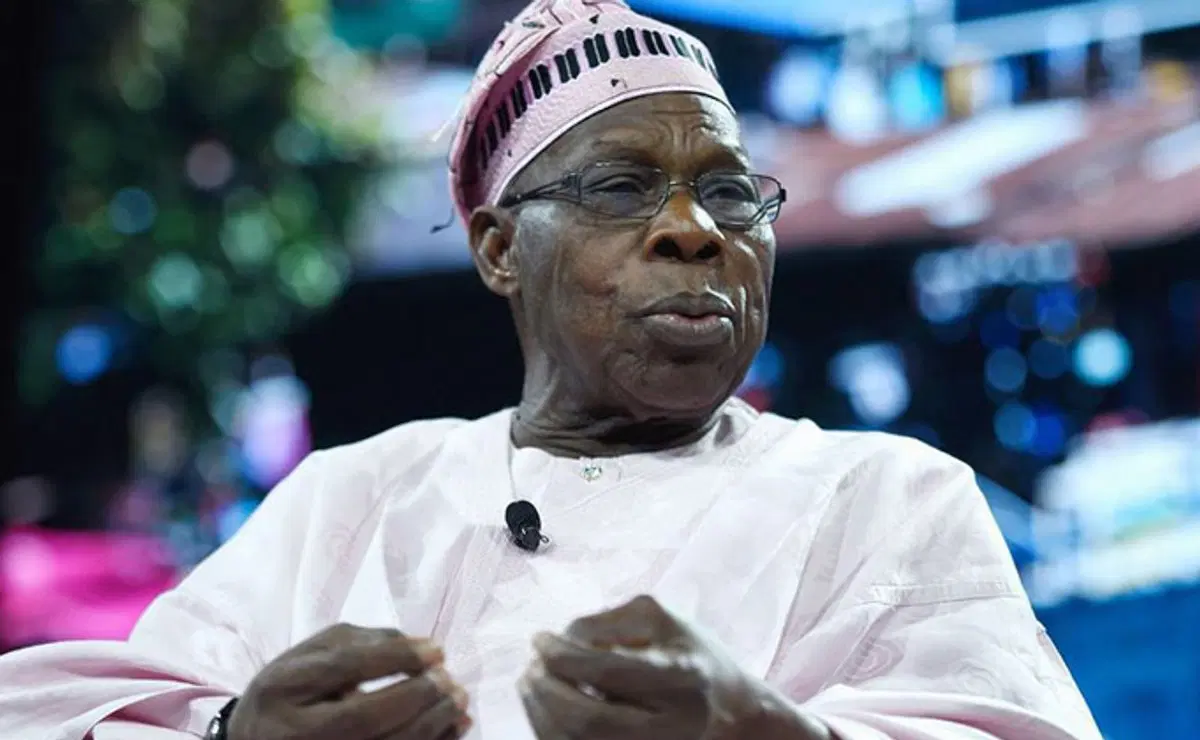Former President Olusegun Obasanjo has expressed deep concern over what he describes as a pervasive leadership deficit globally, especially within African nations, pointing to Nigeria as a primary example.
Speaking in an interview with Kayode Akintemi on News Central Television, Obasanjo underscored that Nigeria’s current predicament is largely due to leaders assuming office without clear, actionable plans, resulting in erratic governance and stalled progress.
Obasanjo refrained from naming any specific Nigerian president but pointed to a recent example of a leader who, according to him, came into office unprepared, offering a vague “three-point plan” that lacked detailed study and expert input.
“What do you say of a Nigerian President who came to office without a plan? And he woke up and just said, ‘three-point plan.’ What are the three points? What are they going to achieve? Who are the people who have worked on it?” he questioned.
The former president criticized the ad hoc nature of the approach, arguing it reveals a troubling lack of leadership quality and strategic vision.
READ ALSO: Obasanjo rejects secession, calls for unity, merit-based leadership
The former leader reflected on his own time as Nigeria’s military Head of State, contrasting his leadership strategy with what he views as today’s unprepared governance.
Obasanjo recounted how his administration took definitive steps to support African nations in dismantling apartheid and colonialism, even going as far as to align Nigeria with the “frontline states” in the anti-apartheid movement, despite Nigeria being geographically distant.
“We were a thousand kilometers from the frontline, but we made a commitment to act. We set policies and formed alliances that solidified our role,” he said, emphasizing the importance of decisive action backed by clear policies.
Analysts observing Obasanjo’s comments note that his statements reflect broader concerns about Africa’s leadership trajectory. Political analyst Dr. Adebayo Aluko sees Obasanjo’s critique as a call for reform.
“Obasanjo’s comments highlight an urgent need for strategic leadership development within Nigeria and across Africa. Leaders need to demonstrate commitment, with well-structured agendas that address specific national challenges and long-term goals,” he said.
Obasanjo’s observations have sparked a wave of reactions, with many calling for a recalibration of Nigeria’s political landscape to prioritize capable, visionary leadership.
Political observers, civil society, and governance experts are urging upcoming leaders to avoid vague, superficial promises and instead invest in evidence-based strategies to address the nation’s pressing issues.

 Entertainment5 days ago
Entertainment5 days ago
 Health7 days ago
Health7 days ago
 Health4 days ago
Health4 days ago
 Football1 week ago
Football1 week ago
 Football1 week ago
Football1 week ago
 Crime4 days ago
Crime4 days ago
 Crime1 week ago
Crime1 week ago
 Education6 days ago
Education6 days ago

